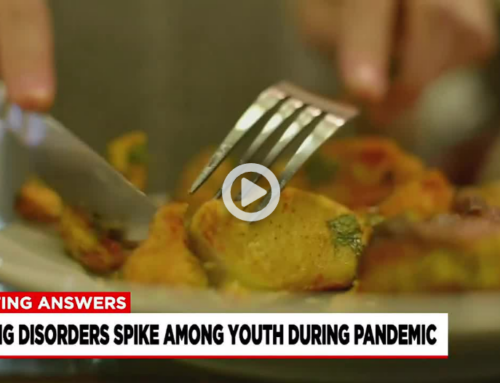ARFID Impacts Thousands in the US
Avoidant Restrictive Food Intake Disorder (ARFID) is an Eating Disorder impacting thousands of people across the USA, particularly children and adolescents. Previously referred to as ‘Selective Eating Disorder’, ARFID can be described as an eating or feeding disturbance, which manifests as an apparent lack of interest in eating, avoidance based on the sensory characteristics of food, and/or concern about aversive consequences of eating.
How is ARFID Different Than Picky Eating or Anorexia?
While many children go through stages of ‘picky eating’, an individual with ARFID may not consume enough calories to grow and develop properly, leading to stalled weight growth and vertical growth. In adults, ARFID can lead to weight loss and an inability to maintain basic body functions. However, depending on how the condition presents itself within an individual, about half of people suffering from ARFID are at or above Expected Body Weight (EBW), due to the types of foods that are consumed.
ARFID can be similar to anorexia in that both disorders can mean that the body is not receiving the nutrients that it needs, which can lead to serious medical consequences. However, ARFID does not involve any distress about body shape or size. Instead, sufferers fear knowing they must eat when they have no interest in eating, fearing the temperature might not be what they like, fear of choking or becoming sick or fear of eating a new food.
ARFID Recovery is Possible
The good news is that with the right treatment and support, recovery from ARFID is possible. Walden’s unique virtual Intensive Outpatient Program (IOP) provides highly specialized care from an expert treatment team that is trained in this illness. Walden utilizes an approach using CBT-AR that was designed by Mass General Hospital specifically for the treatment of ARFID. The IOP includes additional family involvement and individualized nutrition support to meet the needs of participant and to increase awareness of nutritional deficiencies.
The ARFID IOP is a 10-week virtual program open to individuals aged 11-17 of all ethnicities and genders. To learn more or to schedule an evaluation, please contact Walden’s Welcome Center team at 888-305-2997 or intake_coordinators@waldenbehavioralcare.com.







